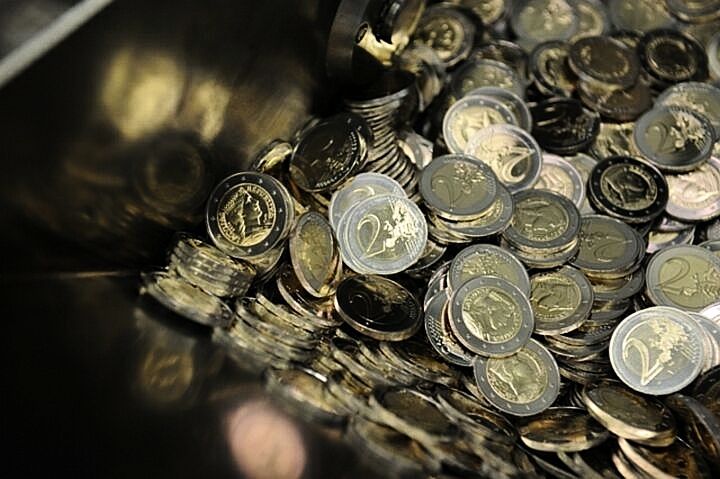The FKTK informed that Latvian banks have no investments in Greek securities. The bank funding exposures in Greece are close to zero as well.
The only exposures are 5.3 mln EUR in loans to non-financial companies and households, a sum that amounts to 0.01% of the assets in the banking sector.
Pension funds and insurers also have no investments in Greece. Furthermore, market participants have made appropriate assessments and risk evaluations for different scenarios, said the FKTK.
Exports from Latvia to Greece are very small - they make up only about 0.1%. "That's why the events in Greece affect Latvia mostly indirectly - the Euro zone slows down, narrowing our export possibilities and potential for growth," said Ieva Skrīvere, an economist at the Bank of Latvia.
The so-called Juncker plan, already set in motion, will also serve to reduce the potentially harmful effects the events in Greece might have on the interest rates of other Euro states.
Skrīvere noted that Latvia didn't partake in the previous bailouts of the sunny country - the Republic of Latvia didn't lend money to Greece neither in 2010, nor 2012.






























